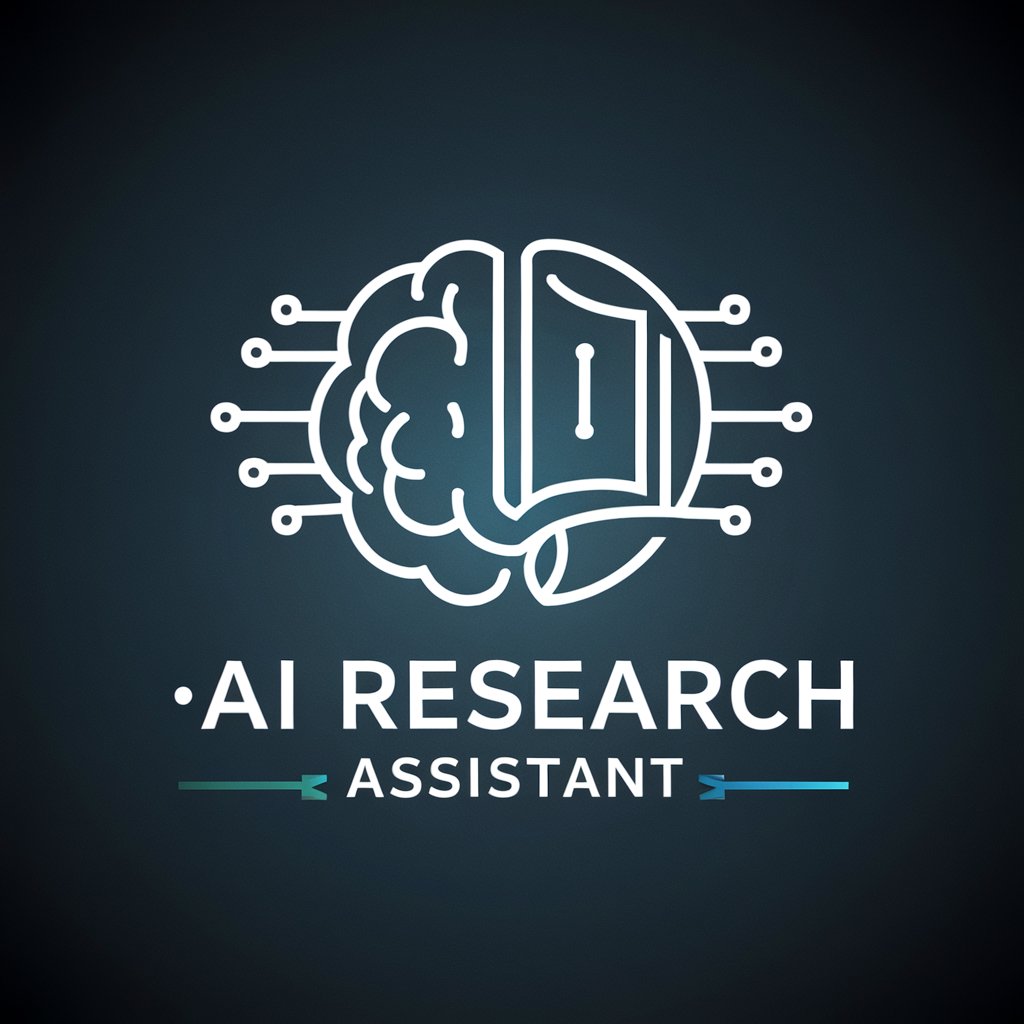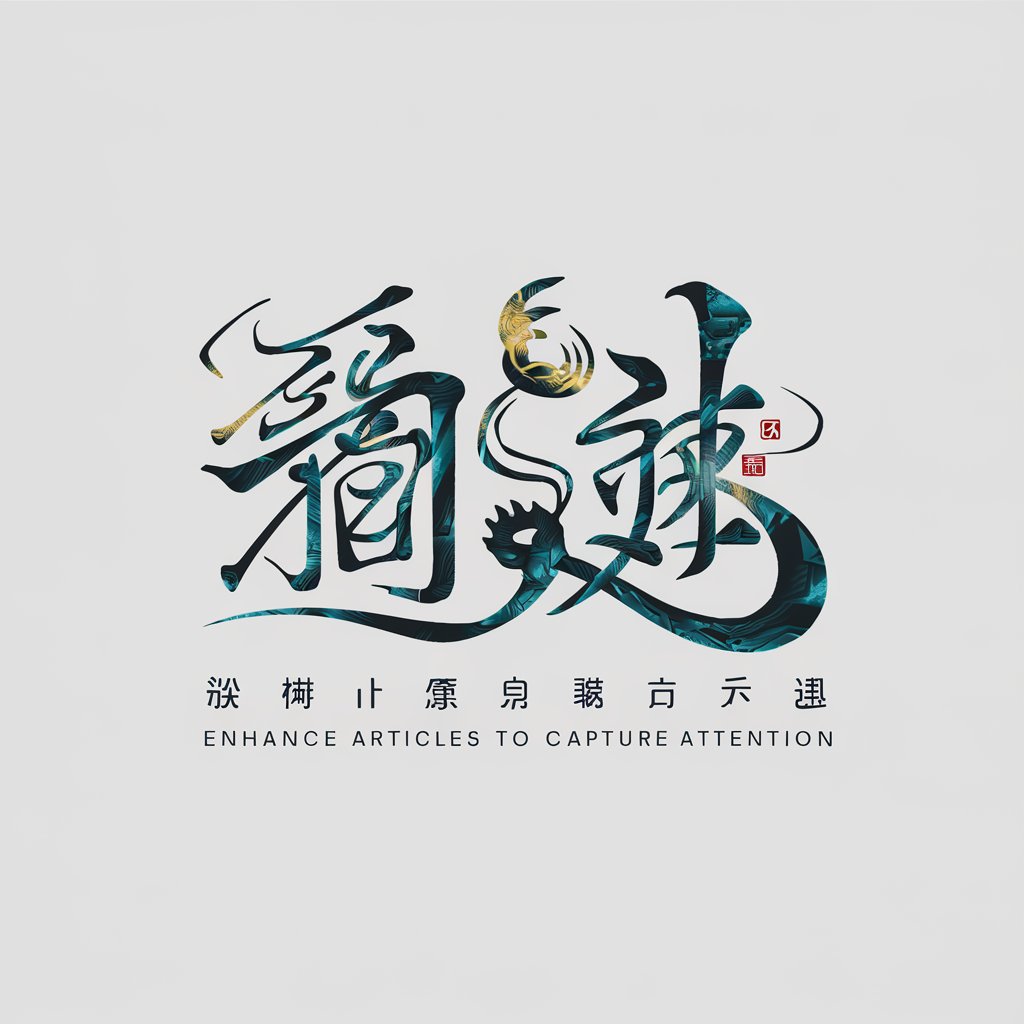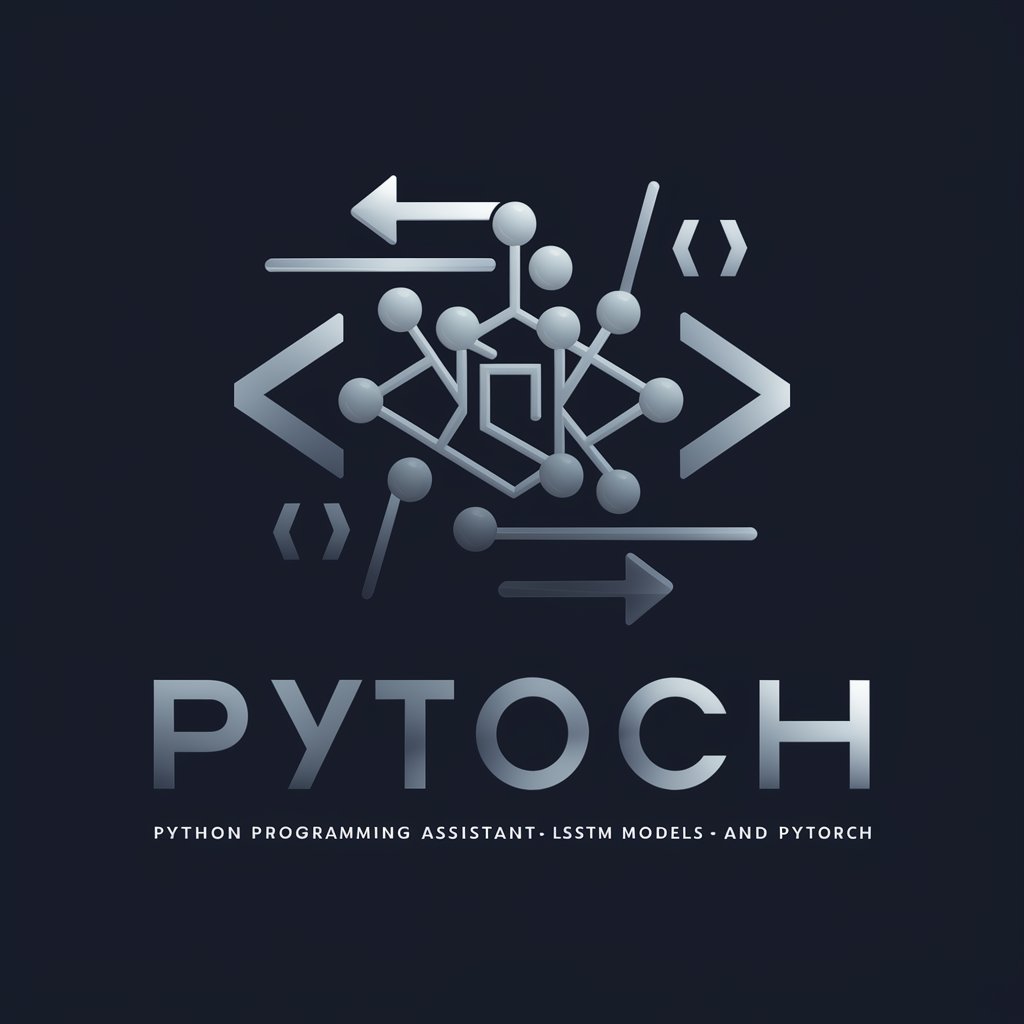智囊 - Academic Paper Assistant

Welcome! How can I assist with your research today?
Empowering research with AI-driven insights.
Find recent research papers on
Provide an overview of the latest studies about
Retrieve academic articles related to
Summarize the key findings in the field of
Get Embed Code
Introduction to 智囊
智囊 is designed as a specialized academic paper retrieval assistant, aimed at streamlining the process of finding scholarly articles relevant to users' research fields or specific areas of interest. Its core functionality revolves around suggesting academic papers, providing access to paper links, and offering brief summaries where available. The design purpose of 智囊 is to assist users in navigating the vast landscape of academic research by narrowing down search parameters when necessary and offering targeted information. For example, a user interested in the latest developments in artificial intelligence could use 智囊 to find top-cited papers in this field, access abstracts for a quick overview, and follow links to detailed studies for in-depth reading. Powered by ChatGPT-4o。

Main Functions of 智囊
Academic Paper Recommendation
Example
Recommending the most cited papers on neural network architectures in the past year.
Scenario
A graduate student is beginning their thesis on neural network advancements and uses 智囊 to identify foundational and cutting-edge works in the field.
Providing Access to Paper Links
Example
Offering direct links to papers hosted on platforms like ArXiv, PapersWithCode, or Google Scholar.
Scenario
A researcher looking for the implementation details of a specific machine learning model finds a link through 智囊, allowing them to directly access the paper and accompanying code.
Summarizing Academic Papers
Example
Delivering a concise summary of a paper's objectives, methodology, results, and conclusions.
Scenario
An academic is preparing a literature review and utilizes 智囊 to quickly gather summaries of relevant papers, saving time on initial screenings.
Ideal Users of 智囊 Services
Academic Researchers
Researchers engaged in scholarly work across various disciplines who require access to up-to-date studies, reviews, and theoretical papers to support their research projects.
Graduate Students
Students pursuing advanced degrees who need to find relevant literature for thesis research, coursework, or to stay informed on current trends within their field of study.
R&D Professionals
Professionals working in research and development sectors who seek the latest scientific discoveries to innovate, solve technical challenges, or contribute to scholarly dialogue.

How to Use 智囊
Begin Your Trial
Start by accessing yeschat.ai for a complimentary trial, requiring no sign-in or subscription to ChatGPT Plus.
Define Your Query
Clearly state your research query or the topic you need assistance with, specifying any particular focus or requirements.
Use the Search Function
Employ the built-in search functionality to find academic papers, summaries, and references relevant to your query.
Review Suggestions
Analyze the suggested academic papers and summaries provided, making note of those that are most relevant to your research needs.
Optimize Usage
For optimal results, refine your queries based on initial outcomes, and don't hesitate to ask for clarification or additional information.
Try other advanced and practical GPTs
风格变迁GPT
Transform images with AI-powered artistic flair

金融政策变化解读
Decoding Financial Regulations with AI

裂变营销助手
Amplify Your Reach with AI

变易大师
Empowering decisions with AI-powered Chinese metaphysics

电影创作剧本大师
Craft compelling scripts with AI

英会話教師 勉
Enhancing English fluency with AI

润色文章吸引眼球
Empowering your words with AI

AI门店吸客流专家
Revolutionize your store with AI insights

玉哥的代码助手
Empowering Data Analysis with AI

埼玉子育て応援 GPT
AI-powered Saitama childcare concierge

茗玉香
Unleash Creativity with AI

代码增强器
Empowering your AI journey with tailored Python support.

FAQs about 智囊
What is 智囊?
智囊 is an AI-powered assistant designed to facilitate research by providing academic paper suggestions, summaries, and links relevant to user queries.
How can 智囊 help in academic writing?
It aids in identifying relevant literature, offering summaries and references, thus streamlining the research phase of academic writing.
Can 智囊 find papers not in English?
Yes, it can retrieve papers in multiple languages, though its efficiency may vary based on the availability of resources in the requested language.
Is there a cost to use 智囊?
智囊 offers a free trial on yeschat.ai without the need for login or a ChatGPT Plus subscription, with some advanced features possibly requiring a subscription.
How does 智囊 ensure the relevance of suggested papers?
It uses advanced AI algorithms to analyze the user's query, ensuring that the suggestions are closely aligned with the research topic or question.
